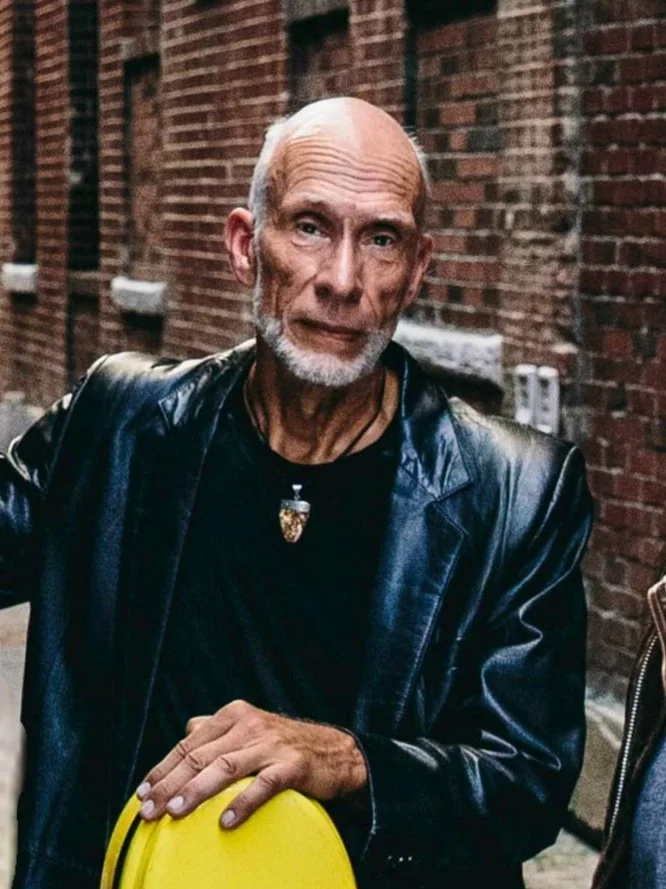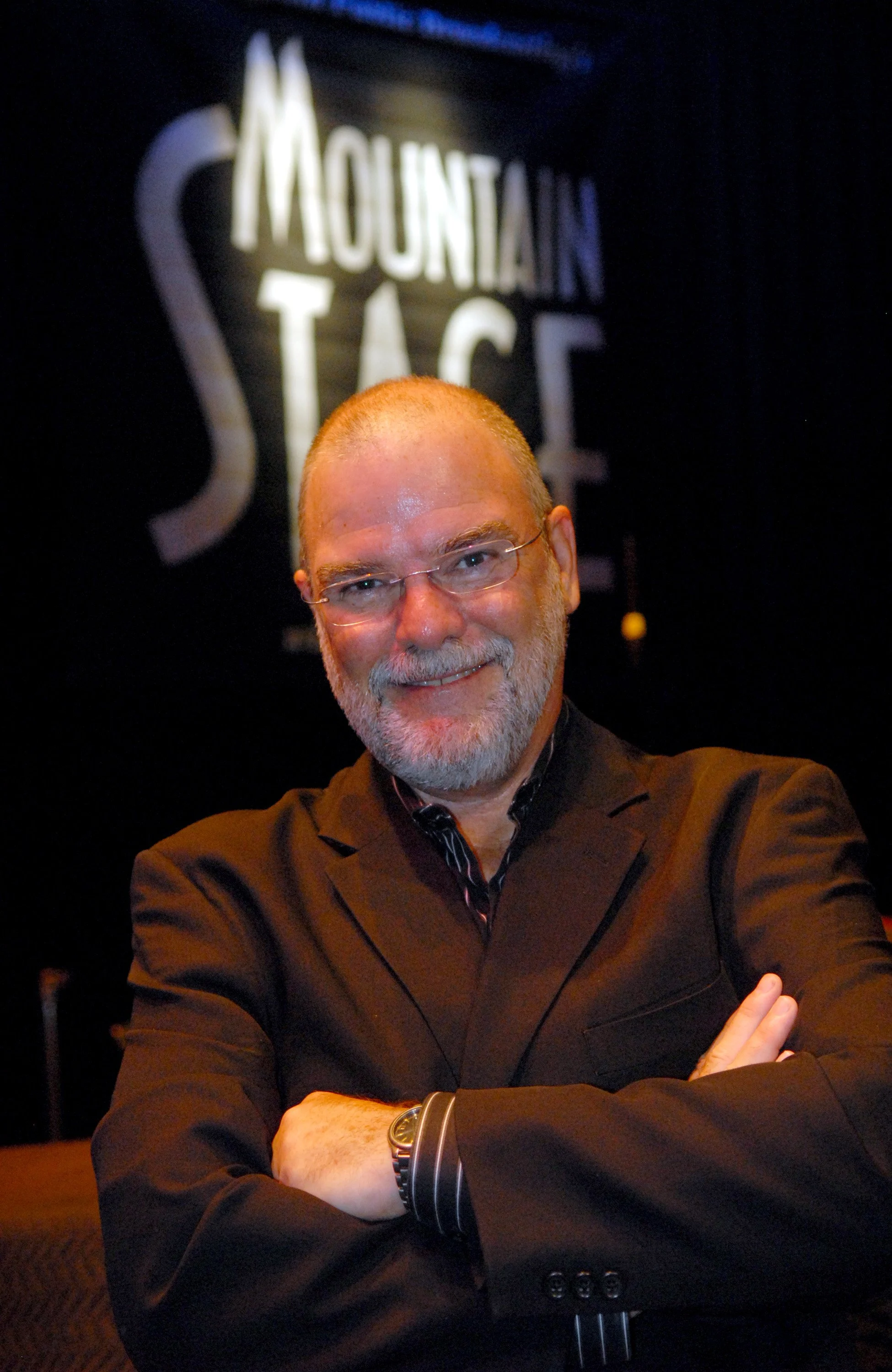Biography (abridged)
A lifetime in service of the song—that’s the through line in Jeff Gilkinson’s story, a career that threads the rare discipline of a classical conservatory with the reckless joy of a Saturday-night picking session. On a stage, he’s the magnetic center: the player you clock first, the voice you remember, the multi-instrumentalist whose lines lift a chorus into the rafters. On a record, he’s the secret ingredient, the “first-call” name in the margins of major-label session sheets from Los Angeles to Nashville and cities in between, the craftsman artists ring when they need rare magic in the mix.
Gilkinson’s path into American Folk music is as distinctive as his sound. Trained as a classical cellist, he learned early how to make a bowed instrument sing—how to color a melody without choking it, how to sit inside a song rather than on top of it. Then he did something most classically trained players don’t: he ran headlong into the high-lonesome fire. Banjo and bass in hand, harmonica in pocket, cello in tow, lead vocal ready to cut through a room, he emerged not as a crossover novelty but as a genuine force—someone who could bring chamber-music sensitivity to Bluegrass velocity and make it feel inevitable.
His multi-instrumental chops and songwriting talent made him a natural fit for The Dillards, the pioneering American Bluegrass supergroup whose amplified imagination literally invented modern Bluegrass, the Country-Rock conversation, and later turned into a masterclass in acoustic music. With the Dillards, Gilkinson wasn’t just a hired hand. He penned songs that became setlist staples, stepped to the mic with a lead singer’s confidence, and cut five albums that captured the band’s creative restlessness as they pushed past boundaries and into something both timeless and new. If you caught them on a good night—and there were plenty—you saw Gilkinson’s stage presence in full: the tall, slender figure with a distinctive swagger and trademark tobacco pipe, the multi-instrument chops-fest, and the songwriter’s radar for an audience’s heartbeat.
Word travels fast in rooms where records get made. In Los Angeles, the phone started ringing. Upon his arrival in Nashville, it never stopped. Gilkinson became one of those rare connective tissues across three generations of American music—equally at home shadowing a singer-songwriter’s whisper, locking in behind a roadhouse shuffle, or driving a festival jam into uncharted territory. The roll call of his collaborators reads like a syllabus for anyone studying American songcraft: Jennifer Warnes, Don Henley, John Hartford, Doug Dillard, Waylon Jennings, Rick Cunha, Doug Haywood, Rachel Faro, Rodney Crowell, Delbert McClinton, Michael Johnson, Paul Butterfield, Jon Vezner, Kathy Mattea, Michael Martin Murphey, Tom T. Hall, Sam Bush, Mason Williams, Mary Gauthier, Charles Esten, Travis Meadows, Chris Wallin, Marty Stuart, Sammy Figueroa, Bernie Leadon, and more.
Those pairings weren’t just about star power; they were about fit. With an iconic artist like Tom T. Hall, Gilkinson could dial in the right textures—banjo rolls that flow like a creek, harmonica lines that flicker like neon at closing time. With boundary-walkers like John Hartford or Doug Dillard, he brought discipline to the chaos: accompaniments that made the wildness feel composed, not contained. With heavyweights like Mason Williams or Michael Johnson, he spoke with the music language fluency of a lifer—smoking passages when the moment called for it, space when the song needed air.
Underneath the pedigree is Jeff Gilkinson’s simple philosophy: serve the song. It’s there in his arrangements, which never call attention to themselves but somehow end up being the thing you hum on the way home. It’s there in his singing—warm, road-seasoned, unafraid of a cracked edge when feeling requires it. And it’s there in the arc of the career itself: from symphonic discipline to honky-tonk intuition, from intimate studios to large venues, from Los Angeles studios to Nashville backlines, all of it organized around the idea that a great song is a living thing to whom the world must be introduced.
If you trace the American roots canon from the last half-century—the way Bluegrass borrowed electricity and backbeat, the way Folk and Country traded stories and scars, the way rock learned to love mandolins and cellos—you keep bumping into Jeff Gilkinson. Maybe he’s the one marking the groove. Maybe he’s the one handing the chorus a spine. Maybe he’s just off-mic, smiling while the room locks into something eternal.
In an era that often mistakes volume for meaning and virtuosity for heart, Gilkinson’s legacy is clearer with every passing year. He’s the rare musician who can slide from a bow to a thumbpick and make it feel like the same language, the rare singer who knows when to lead and when to lean in. A “lifetime in service of the song” isn’t a slogan—it’s a body of work you can hear: five albums deep with The Dillards, countless studio dates for major labels, and a constellation of collaborations that map the ongoing story of American music. And if there’s a single through-line to it all, it’s this: when Jeff Gilkinson shows up, the song gets what it needs. The rest of us get lucky.
Larry Groce - Mountain Stage music program, NPR
“I remember the first time I ever saw Jeff Gilkinson. It was around the late 70s or early 80s and I was opening a show for The Dillards at a Pittsburgh club that is probably long gone. I had been a huge fan of The Dillards since I was a teenager and I knew Dean Webb and Billy Ray Latham because they played one of my early recordings, but I didn’t know the latest line-up. Jeff had become the band’s banjo and harmonica player. I remember thinking of him as a striking figure with his Lincoln/Amish beard, and, if I remember right, a pipe in his mouth that gave him the air of old sea salt.
But of course i was most impressed by his musicianship. If he was good enough to be in The Dillards he was already OK in my book and he could certainly play bluegrass and whatever musical hybrid they were putting out at that time.
…Jon [Vezner–legendary Grammy-winning songwriter, performer, and producer] surprised Ron [Sowell] and me by asking us to listen to a project that he and Jeff had been working on. It wasn’t a Jon Vezner record, it was a Jeff Gilkinson record…some of the tunes weren’t in their final mix and the playback system was modest, but the sound was beautiful, evocative and, perhaps most of all, original. All these years I had never thought of Jeff Gilkinson as a vocalist. I’m not sure he claims to be one, but he knows how to put across a song in way that John Hartford or Leonard Cohen would recognize.
Jon Vezner and Jeff Gilkinson have created a work that is all of a piece. It has an introduction, interludes and bridges. It includes both songs and instrumental compositions…and like every good story should, it ends right where it began but everything in now changed.
This album is full of bridge building. Between hearts and emotions, between how it is and how we wish it was…I hope it speaks to you like it does me.”

